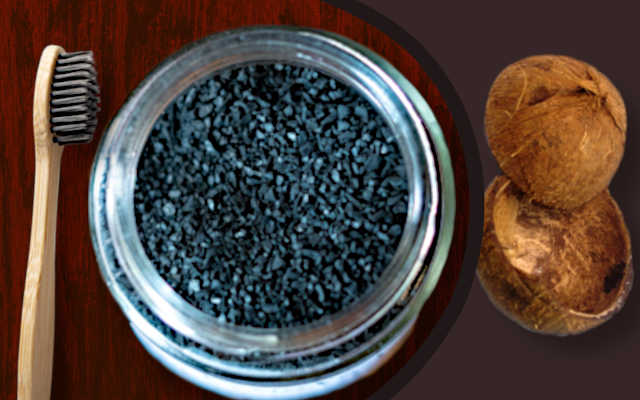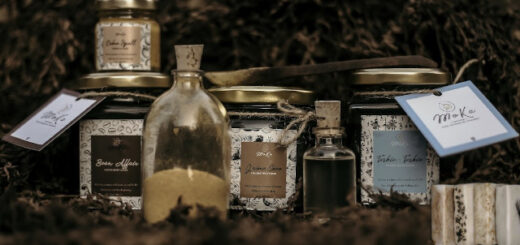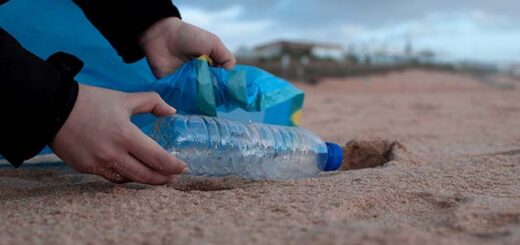Using Coconut Shell Charcoal as Tooth-powder
In Kerala, during olden days it was very common for people to use Rice Husk Charcoal and Coconut Shell Charcoal for cleaning teeth. Those were the good old times when paddy farming was there in Kerala at a large scale. So at those times availability of rice husk was very easy. Over the time, paddy farms in Kerala got reduced to smaller area than before. Less availability of rice husk charcoal and the popularity of toothpaste brands made the people switch to branded toothpaste and tooth-powder.
New Trendsetter
In the new era people always have a tendency to get nostalgic about some old natural products like charcoal tooth-powder. Charcoal tooth-powder is again gaining popularity among people of Kerala. Considering the abundance of coconut trees in Kerala, there is a new scope for coconut shell charcoal production. There is a new trend of making tooth-powder using Coconut Shell Activated Charcoal.
Production of Coconut Shell Charcoal
The process of making Coconut Shell Charcoal involves the burning of fully matured coconut shells with a limited supply of air so that they don’t burn to ashes but only get into carbonized form. Moreover, coconut shell charcoal has now great value as a raw material for the manufacture of activated carbon. Industrial production of Coconut shell charcoal produces two types charcoal. They are:
- Coconut shell charcoal pieces
- Granulated Coconut shell charcoal
Methods used for of the production of Coconut Shell Charcoal
There are three methods of coconut shell charcoal production. They are:
- Mud Pit or Brick Lined Pit method
- Drum Kiln method
- Gasifier Method
Mud Pit/Brick Lined Pit method and Drum Kiln methods results in release of smoke and gases into the atmosphere causing air-pollution. So these two methods are not considered to be eco-friendly. Most of the companies in the production of coconut shell charcoal adopt Gasifier method because it does not cause air-pollution.
Coconut Shell Activated Charcoal
Activation of coconut shell charcoal increases its porousness. Activation of charcoal is done by using chemical treatment and heating in higher temperatures. Because of its porous nature and strength, activated coconut shell charcoal is used by industries mainly for making filters for water/gas/oil purification, preparing medicines, cosmetics etc. As we earlier mentioned in the beginning of this post, it is also used for making tooth-powder.
Pros and Cons of Coconut Shell Activated Charcoal Tooth-powder
Coconut shell activated charcoal tooth-powder is used for cleaning and whitening teeth. Let us see its pros and cons below.
Pros
- It removes the surface stains and whitens the teeth.
- Most brands of activated charcoal tooth-powder do not contain Fluoride. There are claims maid by independent individuals and agencies that excessive intake of fluoride may lead to cancer.
- It removes toxins and bad breath, if any, present in mouth.
- Chemicals are not used in most activated charcoal tooth-powder brands. WishCare, Royal Needs, The Beauty Co., Fine Care, HealthVit, URBAN BOTANICS, Luxura Sciences etc. are some Indian brands which produce chemical-free Coconut Shell Activated Charcoal Tooth-powder.
Cons
- Stains beneath the enamel cannot be removed by coconut shell activated charcoal tooth-powder.
- Due to its abrasive nature, coconut shell charcoal tooth-powder can damage the tooth-enamel, if used regularly. Thus it can cause sensitive teeth.
- It may accumulate in the cracks and crevices of older teeth.
- Even though Fluoride (Fluoride is a naturally occurring mineral) is harmful when consumed, it is considered to be healthy for teeth as it fortifies the teeth and prevents cavities. Most brands of coconut shell charcoal tooth-powder do not contain Fluoride.
When we see the pros and cons, we can understand that there are different opinions about Coconut Shell Activated Charcoal Tooth-powder. Here we can come to a conclusion that if we use charcoal tooth-powder occasionally, it does not cause any harm to the tooth enamel.
Endnote:
Brushing our teeth with regular toothpaste and toothbrush may lead to receding gums and damaged enamel, unless we do it in a proper way as suggested by the experts.

































